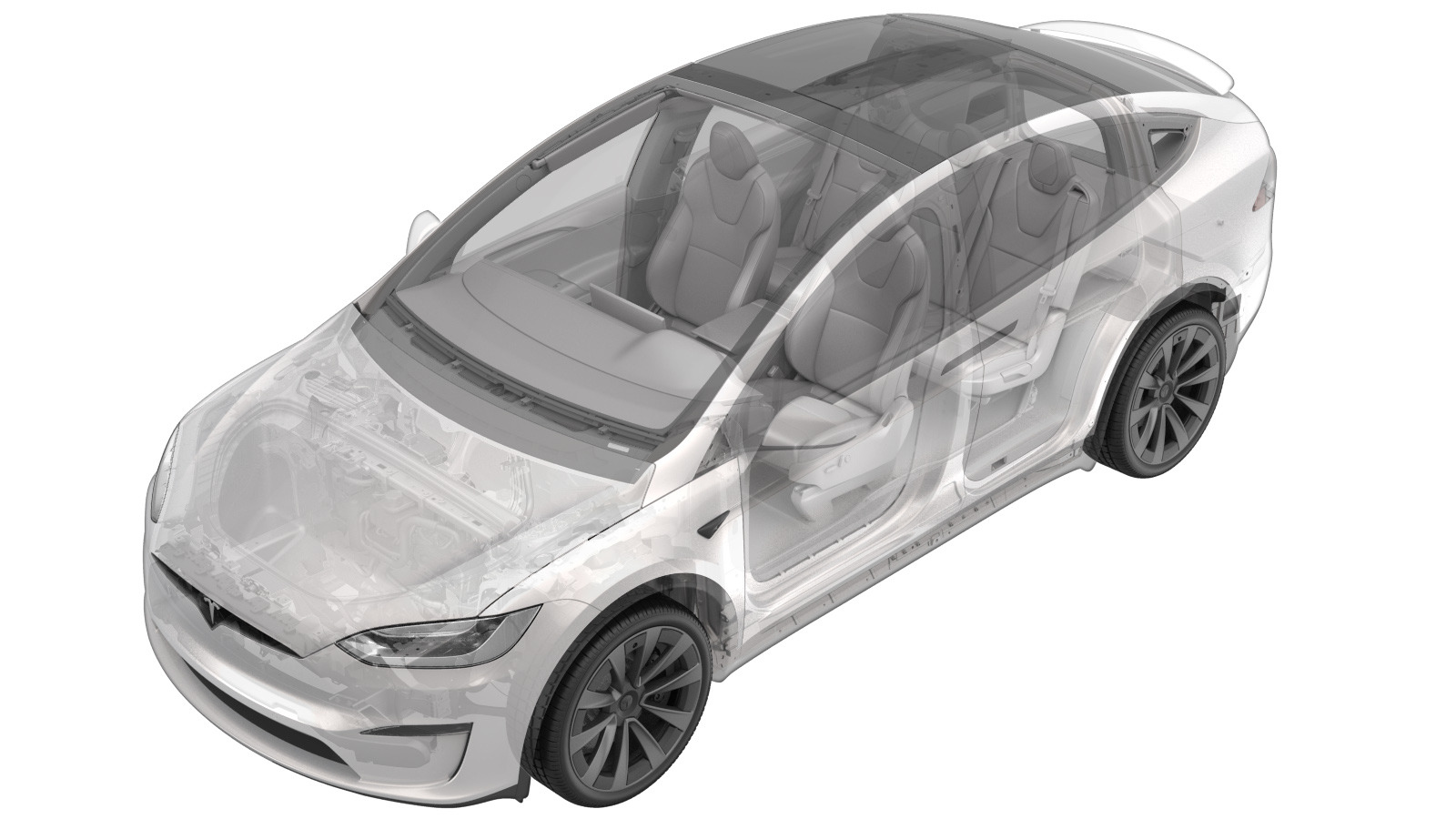Wheel - Front - LH (Remove and Replace)
 Correction code
34015002
0.30
NOTE: Unless otherwise explicitly
stated in the procedure, the above correction code and FRT reflect all of the work
required to perform this procedure, including the linked procedures. Do not stack correction codes unless
explicitly told to do so.
NOTE: See Flat Rate Times to learn
more about FRTs and how they are created. To provide feedback on FRT values, email ServiceManualFeedback@tesla.com.
NOTE: See Personal Protection to make sure proper PPE is worn when
performing the below
procedure.
Correction code
34015002
0.30
NOTE: Unless otherwise explicitly
stated in the procedure, the above correction code and FRT reflect all of the work
required to perform this procedure, including the linked procedures. Do not stack correction codes unless
explicitly told to do so.
NOTE: See Flat Rate Times to learn
more about FRTs and how they are created. To provide feedback on FRT values, email ServiceManualFeedback@tesla.com.
NOTE: See Personal Protection to make sure proper PPE is worn when
performing the below
procedure.
- 2025-11-06: Added note to clarify that this procedure is for reusing the existing tire with a new wheel.
- 2024-08-29: Added instruction on wheel disposal.
- 2023-04-26: Reorganized the procedure.
Remove
- Remove the LH front wheel. See Wheel Assembly (Remove and Install).
-
Use a valve core tool to remove the
valve core, and allow the tire to deflate.
WarningThe tire will rapidly deflate. Wear proper PPE, such as safety glasses and gloves.
- Place the wheel on the tire machine, with the front of the wheel facing up.
- Position the center clamp in the wheel.
-
Position the wheel cone on the center
clamp and wheel, and then tighten the cone on the center clamp.
-
Rotate the tire and wheel to ensure
the upper roller is 100mm in front of the valve.
-
Rotate the wheel to loosen the upper
and lower tire beads. Lubricate the beads as the wheel rotates.
CAUTIONThe TPMS sensor is near the rim. Do not damage the TPMS sensor when loosening the upper bead.
-
Position the tire machine arm at the
edge of the rim, and then use a bead lever to hook the arm on the upper tire bead.
CAUTIONPosition the TPMS sensor ahead of the tire machine arm so that when the wheel rotates, the arm does not damage the TPMS sensor.
-
Rotate the wheel to pull the upper
tire bead above the rim. Lubricate the bead as the wheel rotates.
CAUTIONMake sure the tire machine arm does not contact the TPMS sensor.
-
Lift the tire and repeat the 2
previous steps on the lower tire bead, and then remove the tire from the wheel.
CAUTIONMake sure the tire machine arm does not contact the TPMS sensor.
-
Remove the nut that attaches the TPMS
sensor to the wheel, and then remove the sensor from the wheel.
TIpUse of the following tool(s) is recommended:
- 11 mm deep socket
- Ratchet/torque wrench
-
Remove the cone and center clamp from
the wheel, and then remove the wheel from the tire machine.
Install
-
Position the new wheel on the tire
machine, with the front of the wheel facing up.
- Position the center clamp in the wheel.
- Position the wheel cone on the center clamp and wheel, and then tighten the cone on the center clamp.
-
Install the nut that attaches the TPMS
sensor to the new wheel.
 8 Nm (5.9 lbs-ft)TIpUse of the following tool(s) is recommended:
8 Nm (5.9 lbs-ft)TIpUse of the following tool(s) is recommended:- 11 mm deep socket
- Ratchet/torque wrench
- Lubricate both tire beads.
-
Inspect both sides of the tire
sidewall to determine proper tire orientation in relation to the wheel.
NoteLook for an arrow that indicates rotation direction, or words such as "outside" or "side facing outwards".
-
Position the tire on top of the wheel,
and then move the tire machine arm into position to install the lower tire bead.
-
Rotate the wheel to install the lower
tire bead.
CAUTIONMake sure the tire machine arm does not contact the TPMS sensor.
- Move the tire machine arm into position to install the upper tire bead.
-
Rotate the wheel to install the upper
tire bead.
CAUTIONMake sure the tire machine arm does not contact the TPMS sensor.
-
Carefully inflate the tire to
specification. The tire beads will seat against the wheel.
WarningDo not exceed the air pressure indicated on the tire sidewall.CAUTIONWear proper PPE, such as safety glasses and gloves.
-
Use a valve core tool to install the
valve core.
- Remove the cone and center clamp from the wheel, and then remove the wheel from the tire machine.
- Position the wheel on the balancer with the front of the wheel facing outward. If needed, install the proper inner cone adapter on the wheel balancer.
- Press and hold the balancer brake pedal to prevent the wheel from spinning.
-
Secure the wheel to the balancer by
tightening the balancer wing nut.
-
Refer to the "Tire and Loading
Information" label located on the driver side B-pillar, and record the correct tire
pressure, depending on suspension type, tire size, and region.
-
Use a plastic scraper tool to remove
all existing wheel weights. Discard the wheel weights.
NoteThoroughly remove all adhesive residue.
-
Input the vehicle and wheel
information into the balancer.
-
Attach the air chuck to the valve
stem, then set the correct pressure on the touchscreen. The balancer automatically
adjusts the tire pressure.
NoteUse the tire sticker values displayed on the lower b-pillar.
- Disconnect the air chuck, and then install the valve stem cap on the valve stem.
-
Use the balancer to spin the
wheel.
-
Install new wheel weight(s) centered
on the red laser line(s) projected by the balancer.
NotePress and hold the balancer brake pedal to keep the wheel from spinning.NoteClean the wheel surface and let dry before installing wheel weight(s).
-
Spin the wheel again to confirm that
the wheel is balanced.
- Remove the balancer wing nut, and then remove the wheel from the balancer.
- Install the LH front wheel. See Wheel Assembly (Remove and Install).